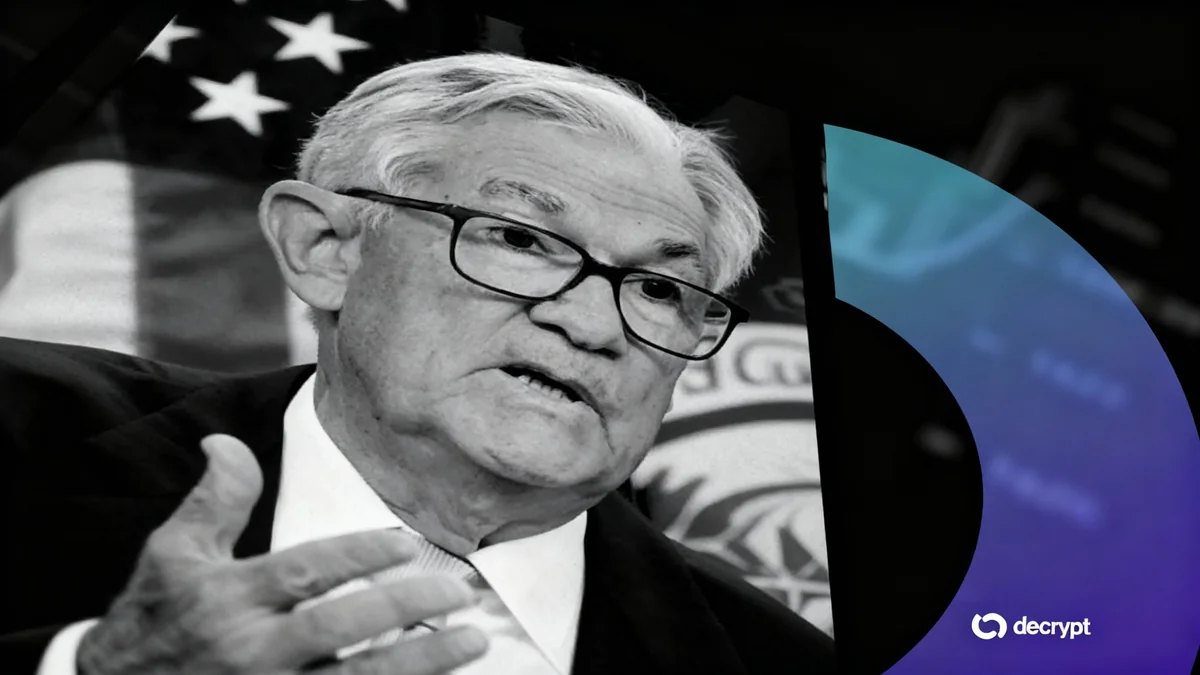The digital asset industry is currently navigating a period of intense legal and political activity. Major cryptocurrency exchanges are engaging in high-stakes political donations to influence future regulation, while former legal advisors to the collapsed FTX exchange are seeking to dismiss lawsuits related to its failure. At the same time, regulatory bodies are taking action against past compliance failures and signaling potential new frameworks for the sector.
These developments highlight a multi-front battle for the cryptocurrency industry, involving courtroom defense, proactive political lobbying, and responses to ongoing regulatory enforcement. The outcomes will significantly shape the legal and operational environment for digital asset companies in the United States.
Key Takeaways
- Fenwick & West, former legal advisors to FTX, have filed a motion to dismiss a lawsuit, arguing plaintiffs have not proven the firm's knowledge of the exchange's fraud.
- Cryptocurrency exchange Kraken has committed $2 million to pro-crypto political action committees to advocate for digital asset rights and privacy.
- Defunct exchange ShapeShift has agreed to a $750,000 settlement with the U.S. Treasury for violating sanctions by serving users in restricted countries.
- SEC Chair Paul Atkins has indicated plans to introduce an “innovation exemption” for certain digital assets by the end of the year, suggesting a potential shift in regulatory approach.
The Lingering Shadow of FTX
The fallout from the collapse of the FTX cryptocurrency exchange continues to reverberate through the legal system. Fenwick & West, a law firm that previously provided legal counsel to FTX, has formally requested the dismissal of a lawsuit brought against it. The lawsuit alleges that the firm was complicit in the multi-billion dollar fraud that led to the exchange's downfall.
In their motion, the legal advisors argue that after two years of litigation, the plaintiffs have failed to produce concrete evidence showing that Fenwick & West had any knowledge of the fraudulent activities being conducted by its client. This move places the burden of proof squarely on the investors who claim the firm played a role in the collapse.
Background of the FTX Lawsuit
The lawsuit, originally filed in 2023, is a wide-ranging legal action targeting multiple entities that investors believe were aware of or contributed to the fraud at FTX. Defendants named in the suit include other crypto exchanges, financial institutions, and celebrity promoters, reflecting the broad impact of the exchange's failure.
The case against Fenwick & West is a critical test of how much responsibility professional service providers, like law firms and accountants, bear for the misconduct of their clients. A dismissal would set a significant precedent, while a continuation of the case could redefine the scope of due diligence required when advising firms in the volatile crypto sector.
Crypto Industry Ramps Up Political Spending
As legal battles continue, some industry leaders are shifting their focus to the political arena to shape future regulations. Cryptocurrency exchange Kraken has announced significant financial contributions to political groups that support digital asset innovation and privacy rights.
The company has pledged a $1 million donation to the Freedom Fund PAC, a political action committee aligned with pro-crypto stances. Additionally, Kraken is increasing its 2025 commitment to another group, America First Digital, to $1 million.
"The fight for crypto in the United States is far from over," Kraken co-CEO Arjun Sethi stated in a social media post. He emphasized that the company is mobilizing in what he described as “a fight for the core rights of individuals in a digital age.”
This move is part of a broader trend of crypto companies becoming more active in Washington, D.C. By making substantial political donations, these firms aim to support candidates who favor lighter regulation and technological innovation, hoping to prevent restrictive policies that could hinder the industry's growth.
A Growing Political Force
Political spending from the cryptocurrency industry has surged in recent election cycles. These contributions are often directed towards candidates from both major parties who have expressed support for blockchain technology and digital assets, indicating a strategic effort to build bipartisan backing for the industry's policy goals.
The High Price of Sanctions Violations
While some companies look to the future, others are still facing consequences for past actions. The now-defunct crypto exchange ShapeShift has reached a settlement with the U.S. Department of the Treasury's Office of Foreign Assets Control (OFAC) for sanctions violations.
ShapeShift has agreed to pay $750,000 to resolve allegations that it provided services to users located in sanctioned countries, including Cuba, Iran, Sudan, and Syria. According to the Treasury Department, the exchange processed transactions for individuals in these jurisdictions without having an adequate sanctions compliance program in place.
Lack of Compliance Measures Cited
Federal investigators alleged that for a significant period, ShapeShift failed to screen users or transactions to check for connections to sanctioned regions. This case serves as a stark reminder to all financial technology companies of the critical importance of robust compliance frameworks.
OFAC regulations are designed to enforce U.S. foreign policy and national security goals by prohibiting transactions with specific countries and individuals. The ShapeShift settlement underscores that crypto exchanges, like traditional financial institutions, are expected to adhere to these rules or face substantial financial penalties.
SEC Signals Potential Regulatory Flexibility
In a potentially positive development for the industry, the Chair of the Securities and Exchange Commission (SEC), Paul Atkins, has announced plans for a new regulatory approach. During a recent television appearance, Atkins stated his goal to establish an “innovation exemption” for certain digital assets by the end of the year.
This initiative, part of a broader effort dubbed “Project Crypto,” could create a pathway for some digital assets to operate without being subject to the full scope of existing securities laws. Atkins also mentioned that the SEC intends to finalize specific crypto-related rulemakings “in the coming months.”
The announcement represents one of the most concrete signals yet of a potential shift in the SEC's stance on digital assets. For years, the industry has called for clearer rules and a more flexible regulatory environment that acknowledges the unique nature of blockchain technology.
The Push for Regulatory Clarity
The concept of an “innovation exemption” or a “safe harbor” has been discussed in crypto circles for years. Proponents argue that it would give new projects time to develop and decentralize their networks without the immediate threat of enforcement actions, thereby fostering innovation within the United States.
While the details of the proposed exemption remain to be seen, the announcement provides a glimmer of hope for crypto developers and investors. The final rules will be closely watched, as they could either provide the clarity the industry seeks or introduce new complexities to the regulatory landscape.





